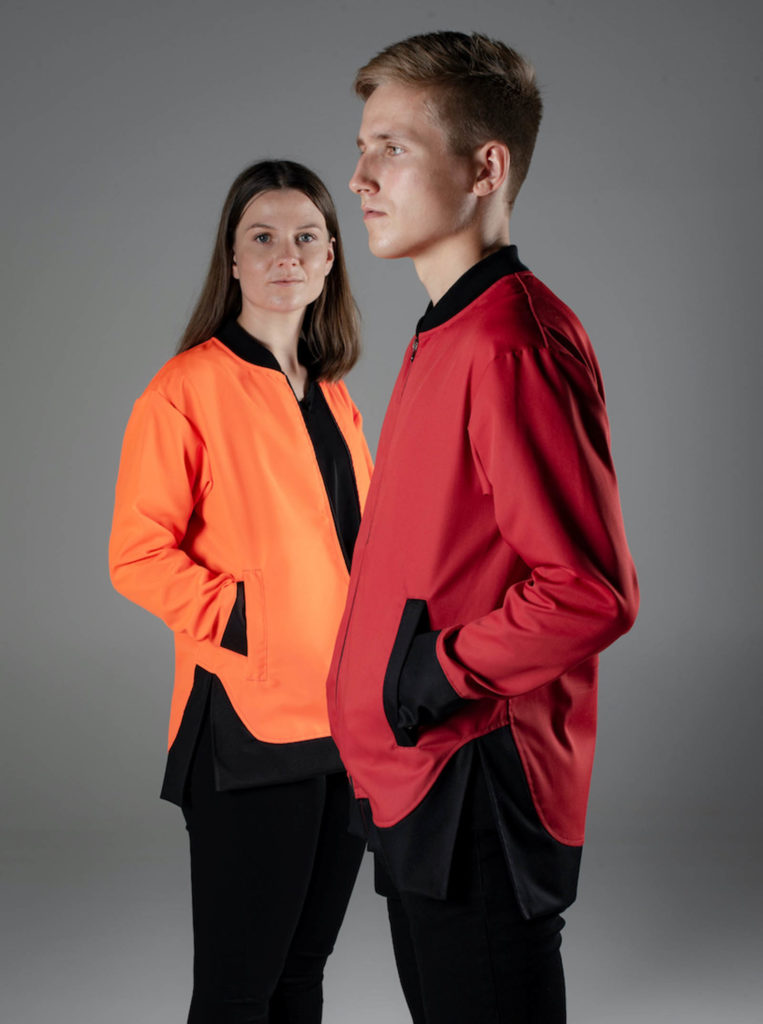AI and textiles: it’s already here
February 26th, 2024
This image relating to digital design was generated using OpenAI’s text-to-image generative AI tool, DALL-E. Provided by Caitlin Knowles/AFFOA. Editor’s note: Two researchers with expertise in advanced technologies—and smart textiles, in particular—responded to questions about artificial intelligence and its future in the industry. Irmandy Wicaksono (IW) is a research assistant in the MIT Media Lab and […]
Looking ahead: the big picture
January 29th, 2024
Trends in the textile industry are apparently not easy to pin down; market researchers who study trends as a business agree on some, but not all. The degree of detail researched impacts the outcome, of course, and even market niche investigations generate hefty reports. Given the extensive reach of textile materials and products in the […]
The long road to smart fabric standards
December 11th, 2023
Loomia makes soft, flexible circuit technology to be incorporated into a variety of textile end products. Photo: Loomia. “Smart textiles” that utilize specialized polymers, chemical additives or electronics to react with their environment are changing textile technology in the 21st century. E-textiles or “wearables” have been particularly promising due to their ability to monitor and communicate […]
Avenues and opportunities
February 13th, 2023
TopoKnit is a suite of algorithms recently developed at Drexel University, Philadelphia, Pa., as a tool for modeling the path of a yarn within a knitted textile. The program provides documentation of how parts come together to make a finished piece. Its technology-agnostic approach would allow designers to try new approaches with a better gauge […]
Solar-powered jacket needs no battery
January 23rd, 2023
In a program called “The Wardrobe of the Future,” students at Finland’s Aalto University are experimenting with the development of wearable technologies and other innovations that may define what we may choose to wear someday. A new sun-powered jacket has hidden solar cells underneath the textile layer and is capable of powering wearable devices without any […]
The complex wearables market
September 26th, 2022
Manufacturing to scale is arguably the most significant challenge facing the smart materials and wearable technology industries—and it’s not just desirable, but essential for growth and survival. Without full commercialization, the drive for new developments and research are in jeopardy. There is no shortage of interest and enthusiasm amongst stakeholders, which begs the question of […]
Tomorrow’s textiles
September 12th, 2022
An example use of the fiber-based microelectronics integrated into a New Balance running shoe for safety applications and unique data transmission. Photo: AFFOA Historical branding of textiles has led the general population to think that textiles are anything but advanced. As anyone in the textile industry can appreciate, textiles are not simple or basic, but […]
Major support for smart textile R&D announced
June 27th, 2022
Supercapacitor yarns integrated in a fabric for powering LEDs. North Carolina State University researchers have found a way to prevent electrical malfunctions in yarns designed to store electrical energy. Photo: Nanfei He. Government contracts, historically, have been a major source of funding for research and development in the advanced textiles world. An example of this […]
Progress through collaboration
April 25th, 2022
Advanced Functional Fabrics of America (AFFOA) presented and exhibited at the Smart Fabrics Summit, showing AFFOA advanced functional fiber preforms and advanced fibers demonstrating semiconductor devices (LED chips) embedded into fibers. The Advanced Functional Fabrics of America (AFFOA) continues to be in the forefront of new developments in technologies for advanced textile systems. Michelle Farrington, […]
Smart textiles market growth expected to continue
April 25th, 2022
The smart textiles market is expected to grow from USD 2.3 billion in 2021 to USD 6.6 billion by 2026, says a report by Marketsandmarkets. The major driving factors include implementation of advanced technologies in smart textiles, miniaturization of electronic components and expanding wearable industry. Energy harvesting and thermoelectricity function will have the highest CAGR during the […]
 TEXTILES.ORG
TEXTILES.ORG











